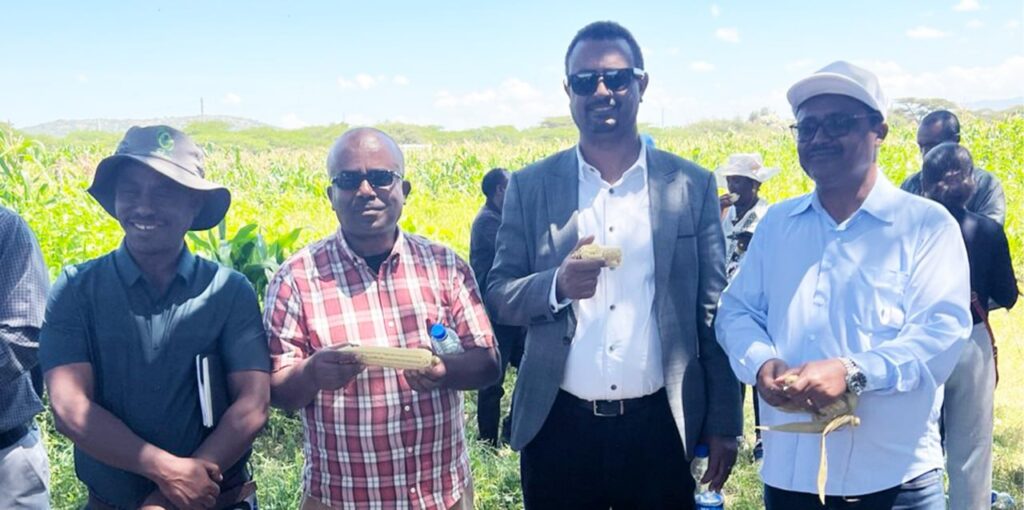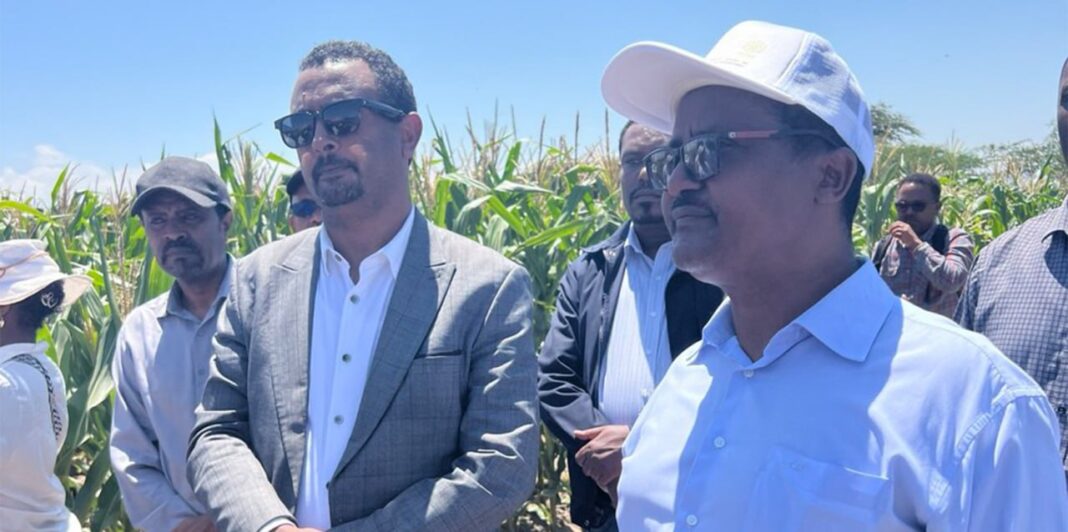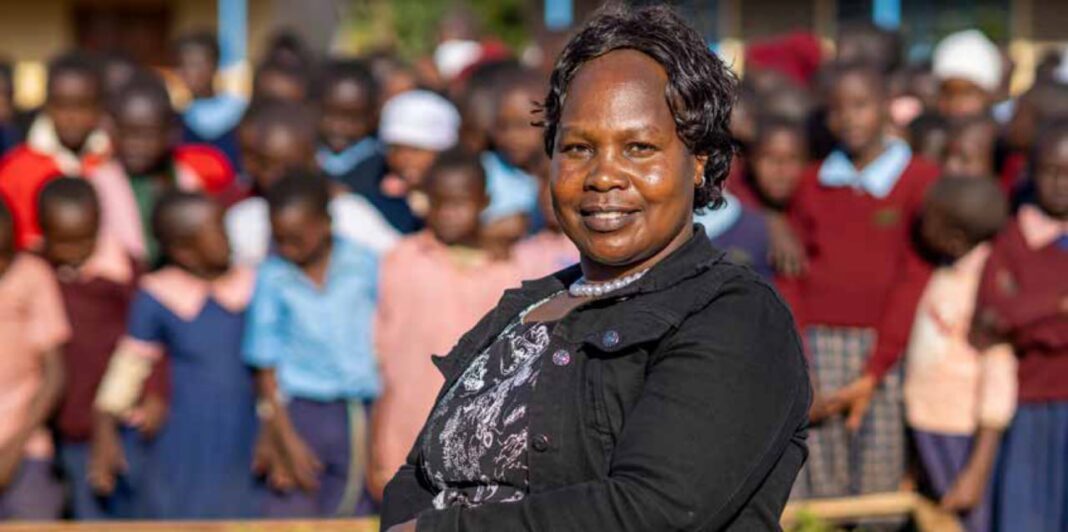Ethiopia is taking significant steps to enhance its agricultural resilience by developing its own seed production capabilities and strategically adopting genetically modified (GM) crops. This dual strategy was highlighted during a recent high-level delegation visit to a GM maize farm at the Melkasa Agricultural Research Center.
The delegation, which included senior policymakers and regulators, observed the success of TELA maize, a MON 810 GM variety that has recently been commercialized. Experts noted that this variety, used in over 30 countries for nearly three decades, provides a robust solution for farmers facing challenges from drought and pests such as stem borers and fall armyworms.
Despite the adoption of GM technology, leaders emphasized the importance of self-reliance. Nigussie Dechassa (Prof), Director General of the Ethiopian Institute of Agricultural Research (EIAR), made a strong declaration: “When we import GM or genome-edited technologies, we must ensure that our farmers do not become dependent on corporate seed companies. We will never surrender our seed sovereignty.”
He added, “Our principle is to establish local capacity. We have capable scientists and rich biodiversity; we must not become a subsidiary to multi-million dollar companies. We must fiercely protect our position.”
Nigussie called for increased government investment to build state-of-the-art laboratories and enhance domestic research capabilities. He highlighted Ethiopia’s existing achievements, noting that teff productivity has doubled over the past 30 years and that 12 new coffee hybrid varieties are ready for distribution.
Officials reassured that Ethiopia’s regulatory system is prepared to manage biotech advancements. Firenesh Mekuria, Deputy Director General of the Environmental Protection Authority (EPA), stated that her agency is equipped to regulate this sector. She explained that the approved GM maize underwent seven years of rigorous testing across various agro-ecological zones before receiving final environmental release approval.

Kasahun Tesfaye (Prof), Director General of the Bio and Emerging Technologies Institute, emphasized that “Ethiopia is in a strong regulatory position compared to most African countries,” with four capable institutes overseeing biotech in agriculture and health.
Melese Mekonen (PhD), State Minister of Agriculture, framed biotechnology adoption within the government’s strategic objectives: food and nutrition security, seed sovereignty, export diversification, import substitution, and job creation.
“This is not a political issue; it is a matter of sovereignty and job security, as the agriculture sector employs a significant portion of our workforce,” Melese stated.
Diriba Kuma (Amb), head of the Ethiopian Agricultural Authority, confirmed that the new TELA maize varieties will be registered following standard procedures. He also acknowledged the presence of differing opinions on the technology, stressing the need to “resolve such issues to ensure that farmers can benefit.”
The National Variety Release Committee has granted final approval for commercialization, but the EPA has set specific conditions for environmental release. Scientists at the event raised concerns that requirements such as cultivation zonation, reproductive isolation, and the use of refugia (non-GM companion crops) may be difficult for farmers to implement effectively.
Deputy Director General Firenesh acknowledged these concerns, stating, “We are working with all experts for the benefit of the country and the sector.”
The approved TELA maize varieties include WE3106B for intermediate altitudes and WE7210B and WE7216B for lowland areas, developed through a public-private partnership.
Importantly, these seeds will be provided royalty-free to smallholder farmers through local seed companies, potentially saving them at least USD 750 per hectare in pesticide costs.
Firew Mekbib (Prof), President of the Biotechnology Society of Ethiopia, which organized the visit, welcomed the high-level engagement. Echoing the State Minister’s call for dialogue, he noted that while some individuals oppose the new technology, “they need to come on board” for evidence-based discussions.
The event, held on October 18, concluded with a panel discussion between scientists and regulatory bodies, highlighting a continued collaborative effort to leverage technology for improving the livelihoods of Ethiopian farmers.







